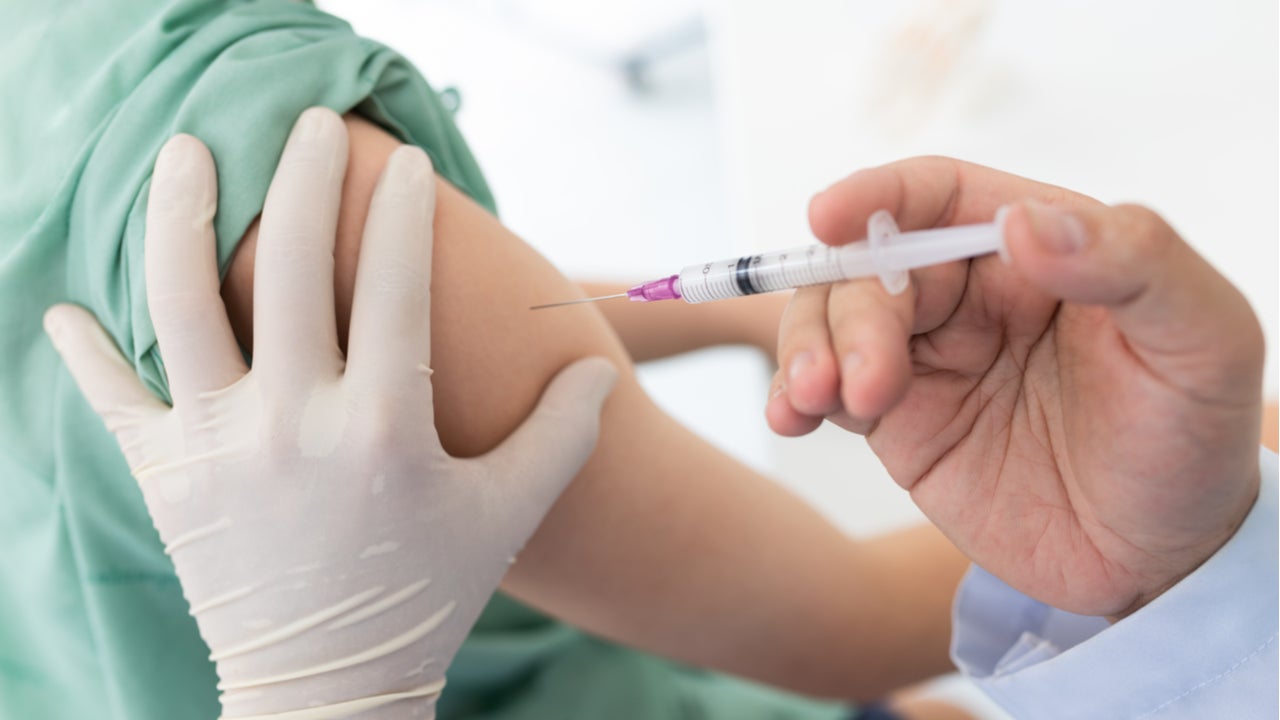
The NIH’s ACTIV-4 trial has enrolled 400 patients to evaluate the addition of an antiplatelet to antithrombotics in moderately ill hospitalized COVID-19 patients, said ACTIV-4 inpatient-trial lead investigator Dr Matthew Neal, Roberta G. Simmons associate professor of Surgery, University of Pittsburgh.
The adaptive Phase IV ACTIV-4 study is designed to compare the effectiveness of antithrombotic strategies in COVID-19. In the current iteration, patients receive generic antiplatelets or P2Y12 inhibitors like clopidogrel, ticagrelor and prasugrel in addition to a therapeutic or prophylactic heparin dose. ACTIV-4 is sponsored by the NIH’s National Heart, Lung, and Blood Institute (NHLBI).

Discover B2B Marketing That Performs
Combine business intelligence and editorial excellence to reach engaged professionals across 36 leading media platforms.
While it was possible to project enrolment curves a few months ago, it has become tougher since vaccination rates have increased, said Neal, who is also co-chair of the protocol development committee. Nonetheless, the new trial arms have only been live for a few weeks, and rapidly enrolled patients, he added. The treatment arms involving antiplatelets were added in February, as per the ClinicalTrials.gov page. Additional sites in areas that are demonstrating COVID-19 surges will be brought on to the trial to aid accrual efforts, he said. ACTIV-4 is being conducted at 41 sites.
ACTIV-4 began recruiting hospitalised patients to evaluate therapeutic and prophylactic doses of heparin in September 2020. In December, the enrolment of critically ill COVID-19 patients requiring intensive care unit (ICU) support was stopped after therapeutic anticoagulant doses were not found to add benefit and a potential for harm remained. However, therapeutic doses did reduce the need for organ support in moderately ill hospitalised patients, as per a 22 January update. Given the benefit seen in the interim results involving more than 1,000, the arm enrolling the latter group was stopped. The trial is measuring organ support-free days over a 21-day timeframe as its primary efficacy outcome.
While the manuscript for critically ill COVID-19 patients is under review, the results in moderately ill patients from three studies are simultaneously under review for a preprint and a full manuscript which should be published soon, Neal said. These will reflect the multiplatform collaboration of ACTIV-4, the Phase IV REMAP-CAP and Phase II/III ATTAC studies. For the latest evaluation of P2Y12 inhibitors, ACTIV-4 is again partnering with high-enrolling sites that were part of ATTAC, while REMAP-CAP is running a parallel study looking at antiplatelets, but enrolling internationally, Neal said.
Since the beginning of the pandemic, multiple reports have identified thrombosis as a significant element in COVID-19. While the learning curve for prevention and management of thrombosis has been very steep, the field is in a better position now than a year ago in its understanding of this issue, Neal said. Nonetheless, thrombotic complications remain a leading cause of morbidity and mortality, he added. Since platelet hyperactivation has also been observed in addition to the microvascular injury in COVID-19, the addition of antiplatelet drugs to antithrombotics is rational from a mechanistic point of view, Neal said.

US Tariffs are shifting - will you react or anticipate?
Don’t let policy changes catch you off guard. Stay proactive with real-time data and expert analysis.
By GlobalDataIn addition to the inpatient trials, two outpatient trials are also actively enrolling patients to investigate if and what kind of antithrombotic treatment is needed for that population and those who have been recently discharged after being hospitalised for COVID-19, said Dr Andrei Kindzelski, programme officer, The Division of Blood Diseases and Resources, NHLBI.
Manasi Vaidya is a Associate Editor for Clinical Trials Arena parent company GlobalData’s investigative journalism team. A version of this article originally appeared on the Insights module of GlobalData’s Pharmaceutical Intelligence Center. To access more articles like this, visit GlobalData.





